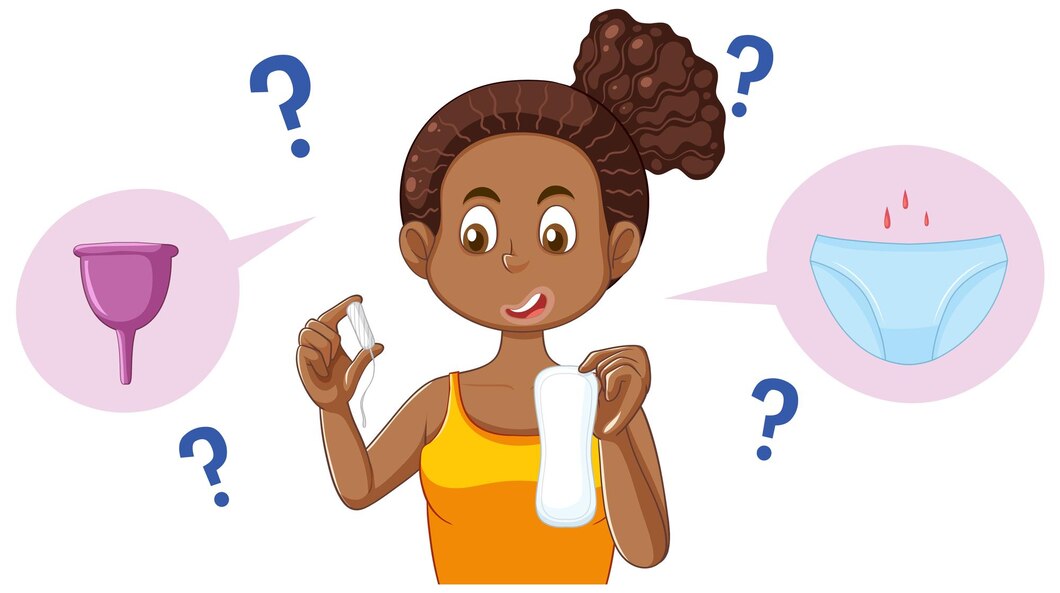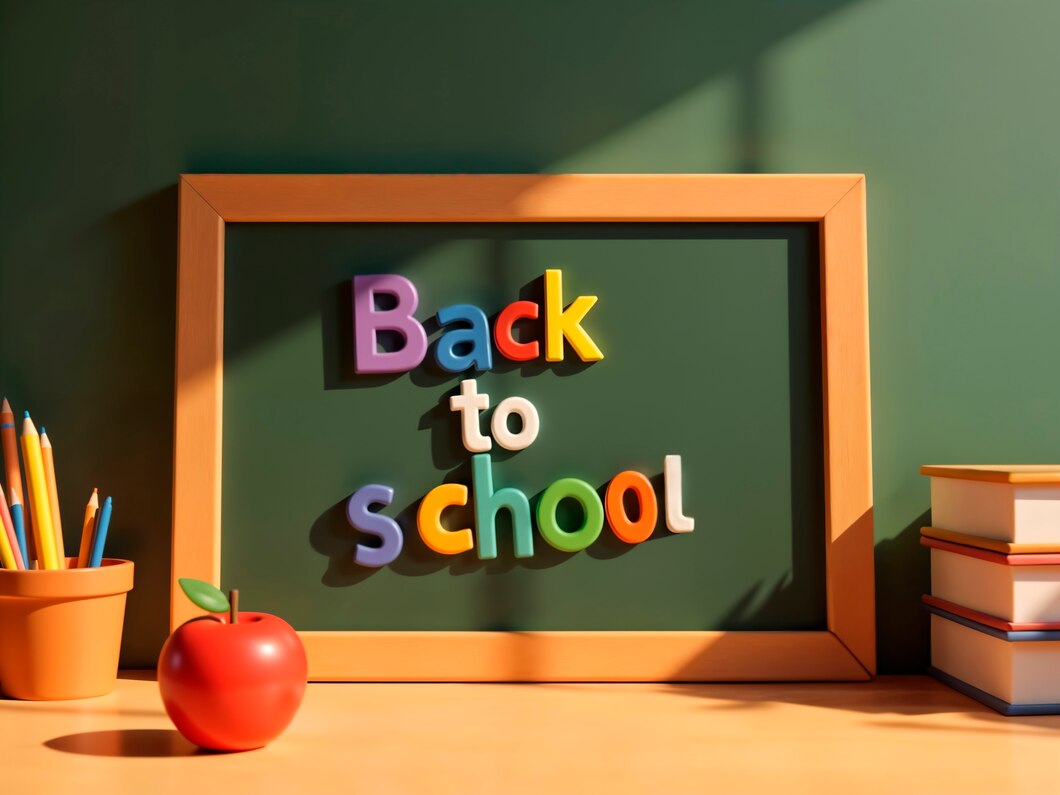By John Wesley Atetwe
A reflection on broken promises, silent budgets, and the quiet rebellion of the young people
In our classrooms, girls sit in silence…not because they don’t know the answers, but because periods come without protection, and dignity becomes a monthly casualty. We’ve lived through announcements, watched county officials wave promises from podiums, “free pads for every girl,” they said. “No girl will miss school because of periods.”
But the terms expired after elections, and so did the commitment.
In our homes, young mothers juggle more than just childhood. Teen moms juggle the cost of diapers, sanitary towels, and basic dignity. And in the big Parliament buildings, with our own voices seated there, they voted to tax dignity. They passed a bill to tax sanitary towels and diapers, while their own manifestos had declared them basic essentials to be provided freely.
Governance is not just about the budgets read out or the bills passed…It is the lives disrupted when a girl misses a week of school each month. It’s in the choices forced on mothers who must pick between food and hygiene. It’s the quiet betrayal when leaders promise at rallies, then tax the very struggles they once claimed to solve.
In the absence of government action, Dreams Redefined rose at the heart of Nyalenda slums, not with slogans but with skills. We sat together, boys and girls, and stitched dignity back into our communities. With fabric and thread, we made reusable sanitary towels. We didn’t wait for delivery trucks that never came or budgets that disappeared into paperwork. We reclaimed dignity with our hands.
But no amount of stitching can excuse broken systems. Girls are not charity cases. They are citizens. Pads are not privileges. They are rights.
Taxes on dignity are taxes on opportunity. And every skipped school day is a symptom of failed leadership.
So we stitch, yes, but we stitch with full knowledge that the bigger fix belongs in budget halls and parliamentary chambers. We stitch to survive, but we also stitch to remind them, governance is not charity, it is a duty. Every reusable pad is a reminder that governance should protect, not punish; deliver, not abandon.
And until that day comes. We will stitch not only dignity, but a loud, steady demand for accountability.






